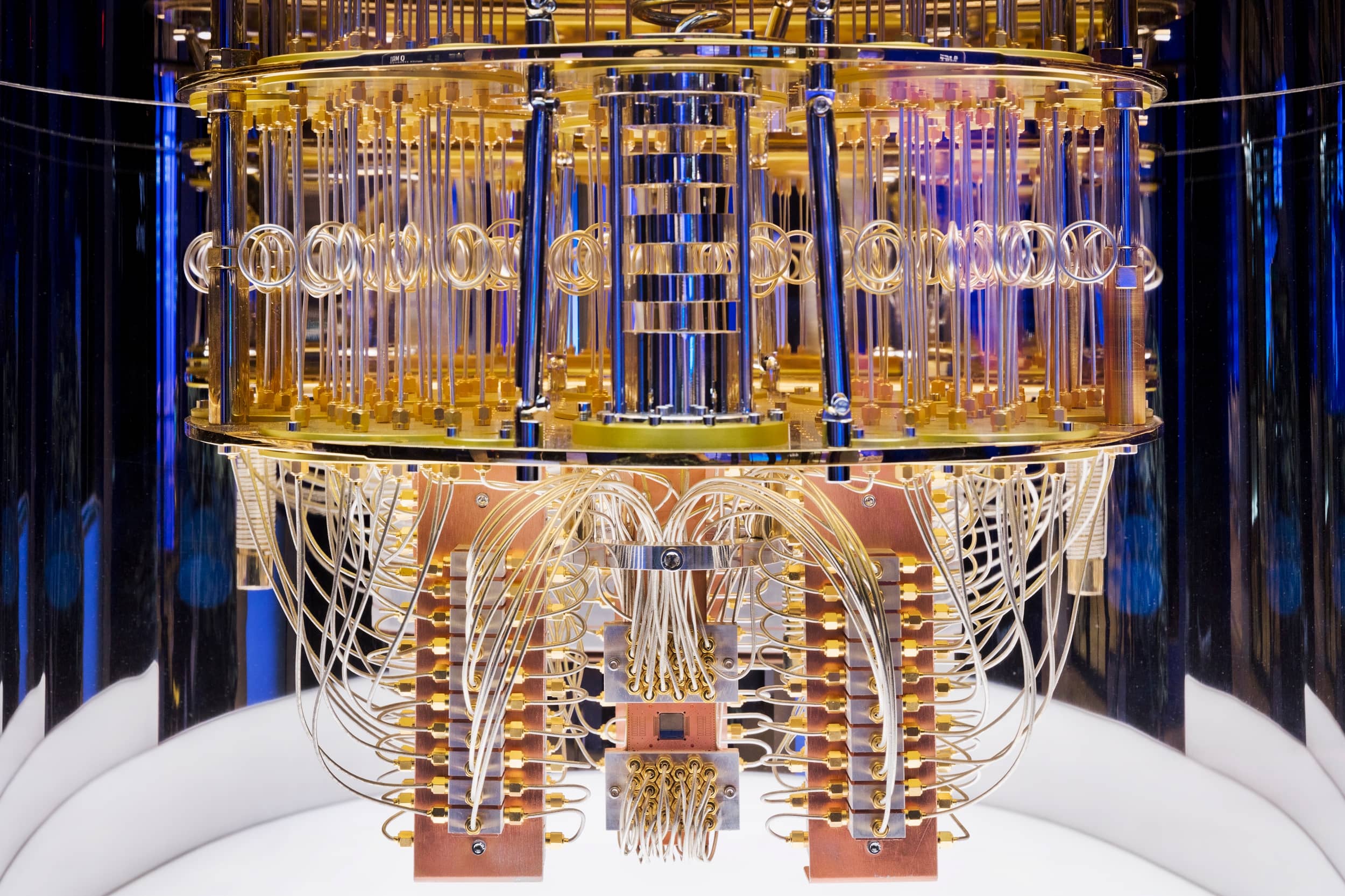We have always heard about the usefulness of a quantum computer as a prophecy of the distant future. This week, however, scientists at IBM published the results of a study that brings us a little closer to that future.
The research published this week in the journal Nature (I link it to you here) compares a “classical” supercomputer and a quantum computer with over 100 qubits, to evaluate the usefulness of the latter.
The “ground of battle”? The simulation of physical laws.
As an artist sculpts clay, one of the first tasks that shows the usefulness of quantum computing may be to model components of materials that classical computers have never been able to effectively simulate.
This would have huge potential impacts, from creating more efficient fertilizers to designing better batteries, not to mention breakthroughs in medicine.
Recap: what makes a quantum computer so special?
Well, while a classical computer reads “binary” information as a number zero or a number one, the quantum computer can read both at the same time. This theoretically makes it much more effective in solving certain problems, such as searching an unordered database… or simulating natural phenomena.
Of course, creating a quantum computer that has any utility is no walk in the park. Qubits, quantum equivalents of classical bits, are very sensitive to noise and interference from the surrounding environment, which can create errors in calculations. And as quantum processors get bigger, these errors can accumulate as well. How to overcome them?

The study to give utility to the quantum computer
IBM researchers worked with a 127-qubit Eagle quantum processor to model the spin dynamics of a material, predicting properties such as its response to magnetic fields. They generated large, entangled states, where certain simulated atoms are correlated with each other. And thanks to a technique called “zero noise extrapolation,” they managed to separate the noise and get the real answer.
To ensure that the answers obtained from the quantum computer had utility and were reliable, another team of scientists at UC Berkeley ran the same simulations on a set of classical computers, obtaining matching results.
The (future) usefulness of quantum computing
Although classical computers have an upper limit for these types of problems, especially as models become more complex, the IBM quantum processor is still trying to achieve quantum supremacy. But having demonstrated that it can provide useful answers even in the presence of "noise" is a notable achievement.
“What we observed is unprecedented: quantum computers managed to accurately model a natural physical system more advanced than classical methods,” he said Dario Gil, senior vice president and director of IBM Research. “This achievement represents an important step in demonstrating that current quantum computers are valid scientific tools, capable of tackling extremely difficult problems, perhaps impossible for classical systems. We are now entering a new era of utility for quantum computing.”
What are you saying? You are right?


